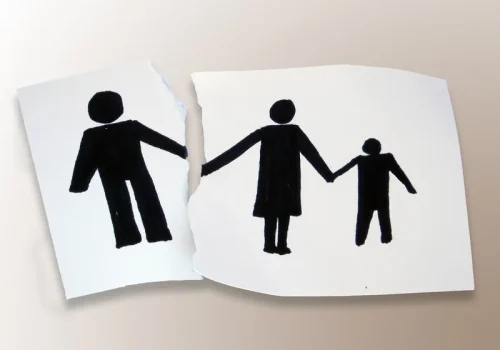
The reality for both the overt and covert narcissist is that they have a fragile sense of self. Researcher and author Craig Malkin, PhD, suggests that the term “covert” can be misleading. In his work, he states that the term covert is often used to suggest that the covert narcissist is sneaky or that their striving for importance is not as significant as an overt (more extroverted) narcissist. In fact, he reports, the traits of the overt narcissist and the covert narcissist are the same. In the field of psychology, behavior can be described as overt or covert.
How do covert narcissists act in relationships?
Or they might shift blame onto you to avoid taking responsibility for their own actions. Perhaps a covert narcissistic friend blames you for their poor spending habits or binge drinking. Deflecting blame allows them to protect their own self-esteem while making you feel inferior. If you cross a covert narcissist, they might not express their anger directly—unlike overt narcissists, who can be outright aggressive when their ego is threatened. Instead, covert narcissists use subtle insults to express their displeasure or use passive-aggressive behavior, such as withholding information, to get vengeance. They may often talk about how under-appreciated they are and complain about how unfair life has been to them.

Early Warning Signs of Covert Narcissism

A child may experience a harrowing situation, but if the adults in their life dismiss their very real emotions, the child comes to believe that what they feel doesn’t matter. Since the abuse is subtle and passive, its effects may not be noticeable until it’s gone on for a significant amount of time. The “No Contact” rule is a widely suggested strategy for breaking free from narcissistic people. This is the ultimate form of boundary-setting to protect your well-being. If you lack empathy, learn more about the 15 Habits of Highly Empathetic People and follow our steps below to improve your empathy. And it’s hard to form long-lasting relationships if your go-to move is to withdraw from people when angry, Levy explains.
Coping Strategies for Dealing with a Covert Narcissistic Partner
Like all narcissists, covert narcissists rarely admit that they have a problem, but their actions can be harmful to themselves and those around them. Whether you have a friend, partner, or family member who is a covert narcissist, it’s important to acknowledge how their behavior can affect your well-being. Understanding the traits and causes of this personality disorder can help you navigate the relationship and protect yourself. While change is possible, it can be challenging for covert narcissists to recognize their behavior as problematic. They may resist therapy or self-improvement efforts due to their deep-seated insecurities.
Health Challenges

They may exhibit symptoms of narcissistic personality disorder (NPD) but often hide the more obvious signs of the condition. While it can be more difficult to recognize, covert narcissism can be just as destructive as more overt narcissistic behaviors. While it can be difficult to acknowledge symptoms of covert NPD in yourself, a mental health professional can help you make sense of your behaviors. Many people living with covert narcissism struggle with feelings of unhappiness and low self-esteem.
What is a covert narcissist?
Some researchers suggest that rather narcissism and alcoholism than fitting neatly into separate categories, narcissists shift between grandiose and vulnerable (overt and covert) states. It’s possible that when an overt narcissist experiences consequences to their behavior, their sense of superiority collapses into feelings of shame and inadequacy. People with narcissistic personality disorder (NPD) are often depicted as being talkative, showy, and pretentious. They consistently brag and bluster to command attention and gain admiration. However, those are signs of overt (or grandiose) narcissism, and they don’t account for all narcissists.
- A 2015 study found that adults with narcissistic personality traits frequently had parents who overvalued their achievements, emphasizing status and praise.
- But the good news is that once you become aware of the patterns and signs of covert narcissism, you aren’t likely to miss them again.
- In his work, he states that the term covert is often used to suggest that the covert narcissist is sneaky or that their striving for importance is not as significant as an overt (more extroverted) narcissist.
- This inconsistency can lay the groundwork for trust issues in their children.
Narcissism isn’t always easy to detect, especially when it’s covert. But by recognizing the signs and traits of this personality disorder subtype, you can better cope in a relationship with a covert narcissist. Seeking professional help can be useful in learning to navigate interactions with a covert narcissist.
Leave A Comment